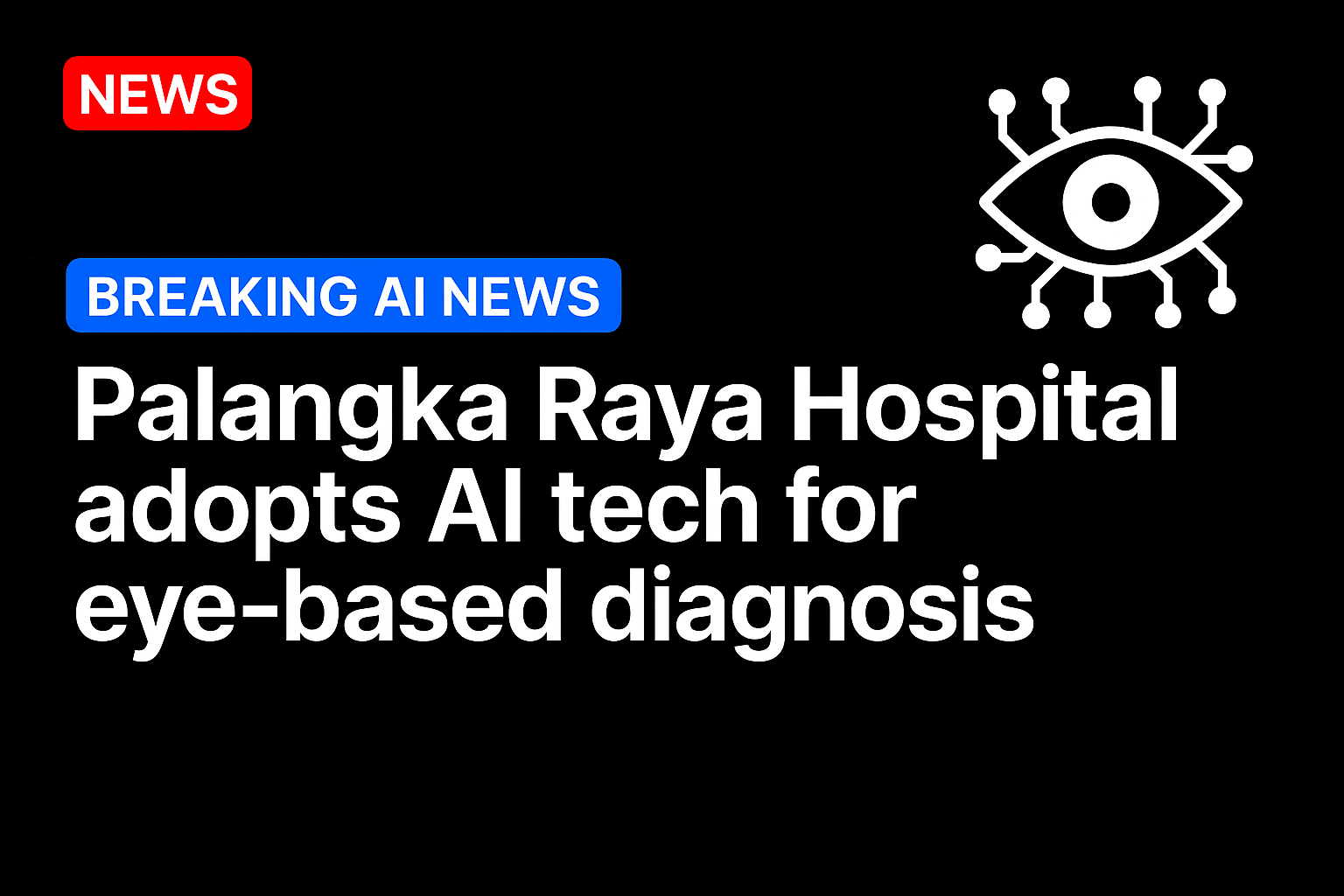Recently, Instagram has been flooded with viral posts claiming that Meta, the parent company of Instagram and Facebook, is discontinuing its artificial intelligence (AI) projects under the label “Goodbye Meta AI.” These posts suggest that Meta is abandoning its AI efforts due to a variety of reasons, from legal issues to privacy concerns. However, these claims are entirely false. The viral trend is part of an internet hoax that has gained traction among social media users.
Here’s what you need to know about the ‘Goodbye Meta AI’ hoax:
The Origins of the Hoax
The ‘Goodbye Meta AI’ posts appear to have started as a meme or prank, with users creating fake screenshots and videos suggesting that Meta was shutting down its AI division. The trend quickly spread across Instagram, amplified by the use of popular hashtags, misleading captions, and viral engagement strategies like fake news graphics and doctored press releases.
What the Hoax Claims
The hoax posts claim that Meta is discontinuing all AI-related projects, including AI-driven features like chatbots, image recognition, and content moderation. Some posts go even further, alleging that Meta is under investigation for misuse of AI, prompting the company to abruptly end its initiatives. None of these claims are backed by facts, and there is no official statement from Meta supporting any such move.
The Reality: Meta’s AI Investments Are Growing
In truth, Meta has been significantly increasing its investment in AI, especially in areas like the metaverse, content moderation, and machine learning. Meta’s AI research arm, FAIR (Facebook AI Research), continues to develop cutting-edge technologies to improve user experience, including AI tools for virtual and augmented reality. Meta has not made any announcements about reducing or halting its AI efforts.
Moreover, AI plays a crucial role in how Instagram and Facebook function—whether it’s curating personalized feeds, suggesting content, or identifying harmful content that violates community guidelines. It’s highly unlikely that Meta would abandon such core technologies that are integral to its business model.
Why the Hoax Spread
Hoaxes like ‘Goodbye Meta AI’ tend to go viral because they tap into current concerns around AI, privacy, and big tech. The rapid spread of misinformation is also fueled by social media algorithms that prioritize sensational content, making it easy for such posts to gain visibility quickly.
In the case of this hoax, the use of official-looking graphics and captions made the posts appear credible to many users. Additionally, the ongoing debates around AI ethics, privacy breaches, and tech monopolies create fertile ground for such rumors to take root.
How to Avoid Falling for Hoaxes
It’s important to be cautious when encountering viral claims on social media, especially those that aren’t from verified sources. To avoid falling for hoaxes like this one, here are a few tips:
- Check official sources: Always verify information by checking official announcements from the company in question or reliable news outlets.
- Look for fact-checking services: Many platforms and independent organizations offer fact-checking services that can help debunk viral misinformation.
- Be skeptical of sensational claims: If something seems too shocking or unlikely, it’s worth investigating before sharing it.
Meta’s Response
As of now, Meta has not officially commented on the ‘Goodbye Meta AI’ posts, but given the company’s significant focus on AI development, it’s clear the rumors hold no weight. Meta remains committed to its AI ambitions, as seen in its investments in AI-driven content moderation, user safety, and the creation of immersive virtual experiences in the metaverse.
The ‘Goodbye Meta AI’ hoax is just another example of how quickly misinformation can spread on social media. While it may seem like a harmless prank, it underscores the importance of being critical of unverified claims and ensuring that we rely on trusted sources for information.





